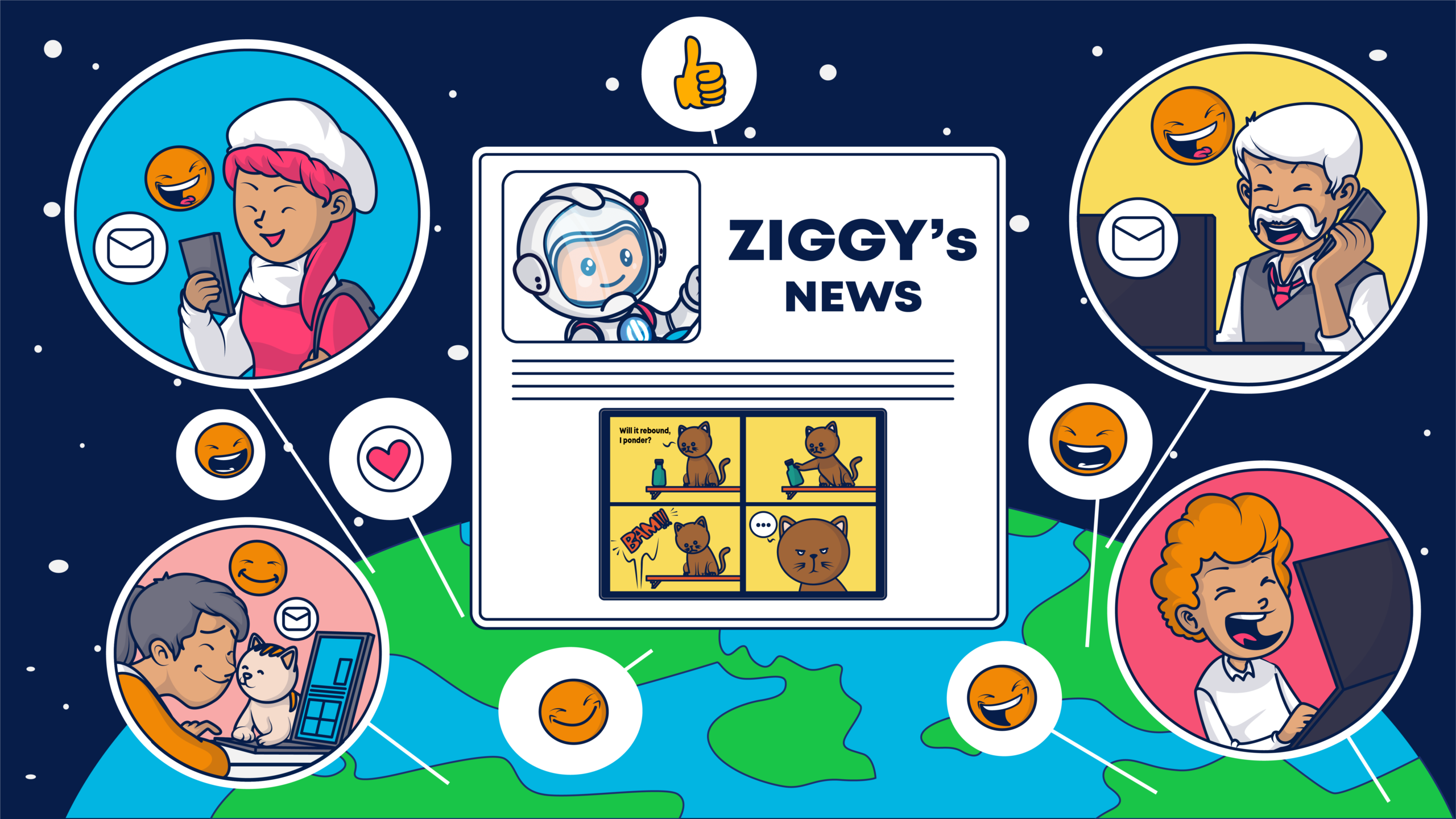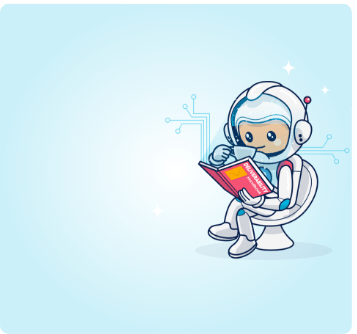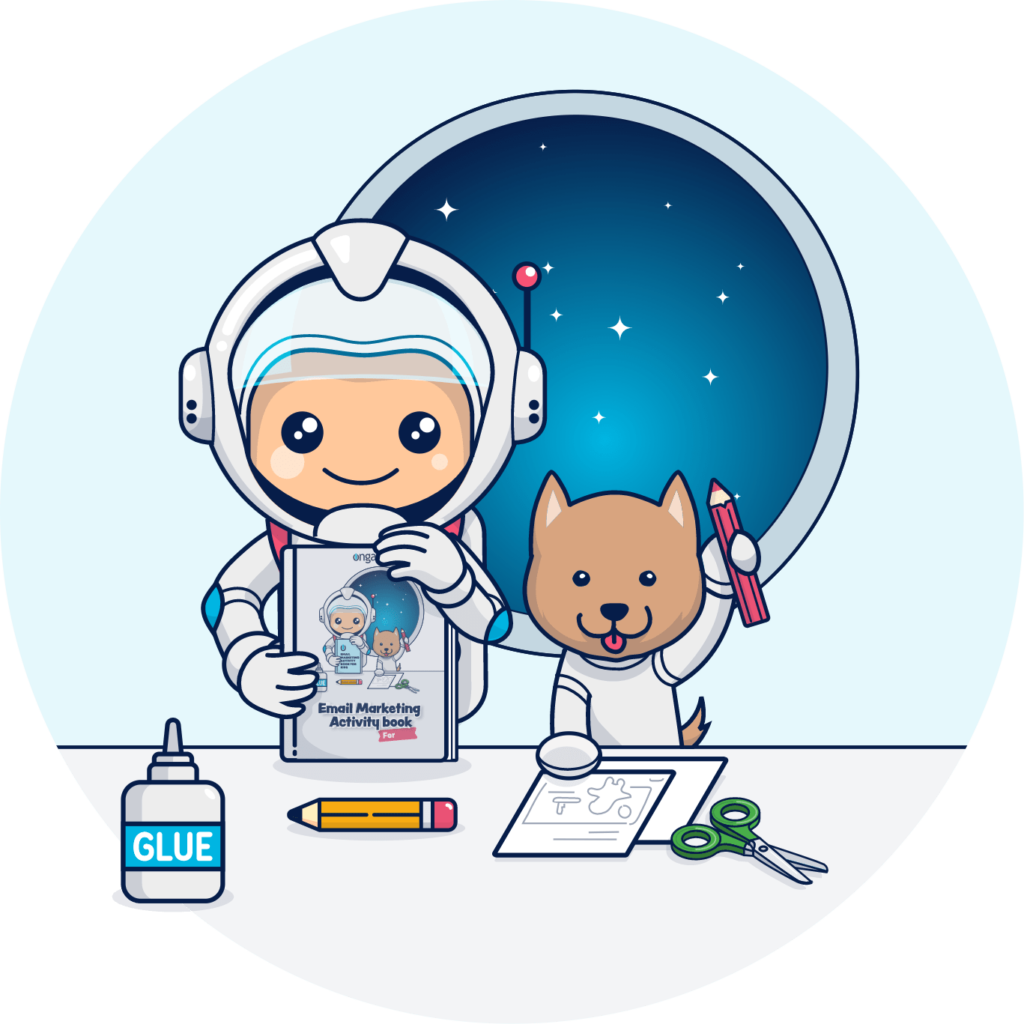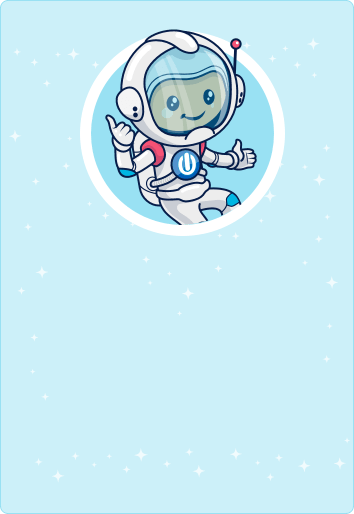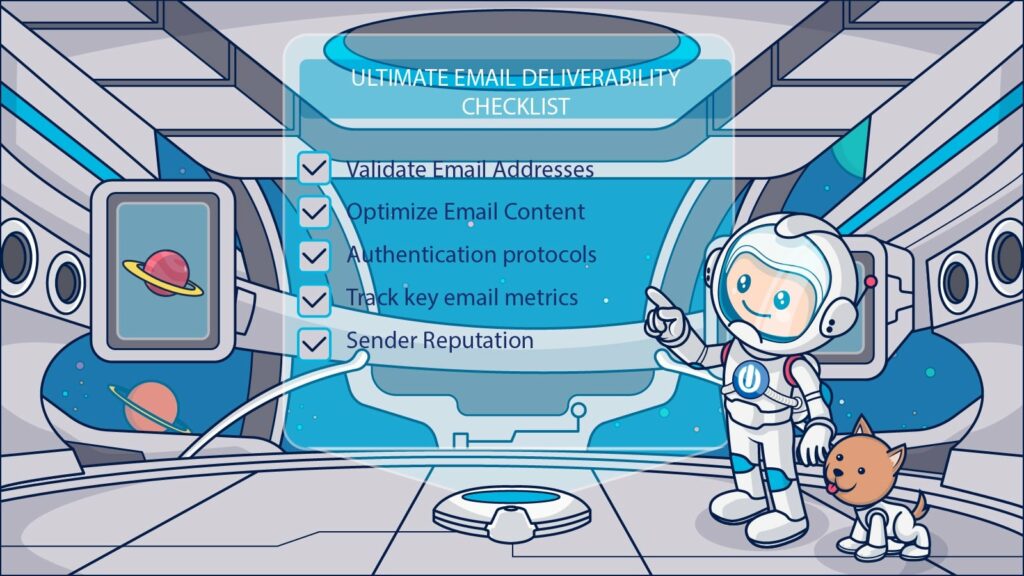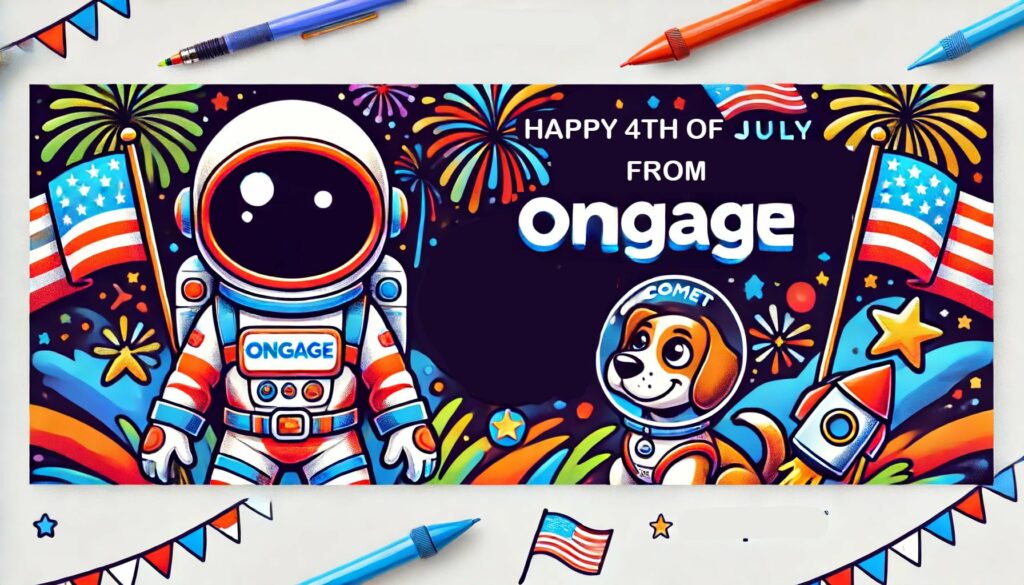Okay, so we all know we should be personalizing our email campaigns for a number of reasons. Firstly, consumers want to receive tailored messages, and secondly the results for businesses that do personalize effectively are incredible. Yet, there can be several challenges to personalizing your email campaigns, notably a lack of data, or not being confident in the accuracy of the data you hold about your subscribers. But also the technology of your ESP or sending platform not having the capability to be as creative as you’d like to be without increasing the amount of time you’re spending creating your email campaigns. We have five critical ways of personalizing your email campaigns, with email personalization examples to get those creative juices flowing and make personalization at scale a reality! So let’s get started:
1. Don’t let data hold you back
For many brands, data can be the main reason holding back the potential of fully personalizing your email campaigns. However, that needn’t be the case. Email campaigns can be customized even if you don’t have any data about your subscribers by utilizing 3rd party dynamic content feeds. Dynamic content includes data such as weather, location, device, time and social media activity. Here’s an example of an email containing live content by displaying different content based on the weather (via zip code) the recipient is experiencing:
“By leveraging existing data feeds from your shopping cart, recommendation engines, CRM, RSS Feeds and third party APIs, you can easily build images that bring this level of personalization to your campaigns”, shares Kevin Linden, a Partner at NiftyImages, which specializes in dynamic email images
The content tells the subscriber to pack sunglasses because it is sunny in the destination they are travelling to on that day. If it were raining in their destination, the image and content would change to advise to bring an umbrella. This technique to personalization can also be used to display specific products in your email content, and the best part of all is that this content is personalized and relevant as and when the recipient opens the email campaign, not when you press send.
Source: Pinterest
So even without any data, you can personalize your email content.
It may be that you have limited data, for example, you know the gender of your subscribers so that you can tailor the content to that information:
2. Customer-centric personalization
No matter what type of personalization you are using, for it to be effective the customer needs to be the central focus. It may be that they have recently purchased a particular item from you. Sending an email including a product that would compliment their recent purchase is a useful email to that recipient. Use the behavioral and purchase information you have gathered and personalize the content, e.g. ‘Because you purchased this; we thought you might like this…’
Maybe you know when your customer birthday is or their anniversary for how long they have been your customer, celebrate that with them by sending a personalized campaign.
3. Personalize throughout the customer journey
Your email programme will include several triggered campaigns such as a welcome email when they first subscribe, and an email when a visitor abandons their shopping cart, which is demonstrated below in this customer lifecycle:
There are many ways that the content within those transactional campaigns can be personalized. For example, including the item that the subscriber was viewing when they abandoned their cart:
It’s easy to overthink when it comes to utilizing personalization methods within your email marketing operation, but segmentation is still key — segment your database to enable you to create personal messages for each unique segment using specifics like content, calls to action and subject lines.
4. Creativity will drive engagement
There are many ways to personalize with or without data, but including the same image, every week isn’t going to win any engagement contests. As the saying goes, variety is the spice of life, and this is no different from the inbox. Consider tailoring your email content based on what a subscriber has read on your website or content they have clicked most in your email campaigns. All of this insight points to the likes and dislikes of your subscribers which can then be used to retain engagement. Creativity can also be used in the design of how personalization is used, like the example below. The recipient’s name is added to a box of chocolates to promote the brand’s personalized gifts offering. An eye-catching way to engaging a customer with an indirect promotion of their offering!
5. Test and test again!
Yes, we’re coming back to that dreaded word, test! If you’re adding something new to your email campaigns, the best approach is always to test it first before it becomes a permanent part of your email programme. To begin with, a simple test would send one personalized vs a non-personalized email campaign to the same segment group and analyze those results. Did the engagement increase? Did conversions increase, did we receive more traffic and clicks to our website?
The most effective way to measure the impact of personalization is to run a test for a period of time that is relevant to your buying cycle and continually monitor the results during that time frame rather than on a campaign by campaign basis. Quantifiable metrics are the most effective ways to measure the impact, and the KPIs chosen should be aligned to your business goals and objectives for your email marketing strategy.
These metrics could include conversion rate, engagement score trend, average session duration, average page views per visit, click to open rate and more. The measurement process also needs to be consistent to provide a fair comparison across all segments when testing with multiple segments.
Does all of this seem impossible in your current email set up?
It needn’t be, Ongage effortlessly provides the delivery of tailored and personalized content to micro-segmented audiences in a single mailing. Meaning you don’t need to be manually creating all of the different variations of your personalized campaigns. Integrating is also easy with HTML/XML/RSS content feeds, 3rd party personalization tools such as NiftyImages and advertising providers saving you time and money while generating better email marketing results.

